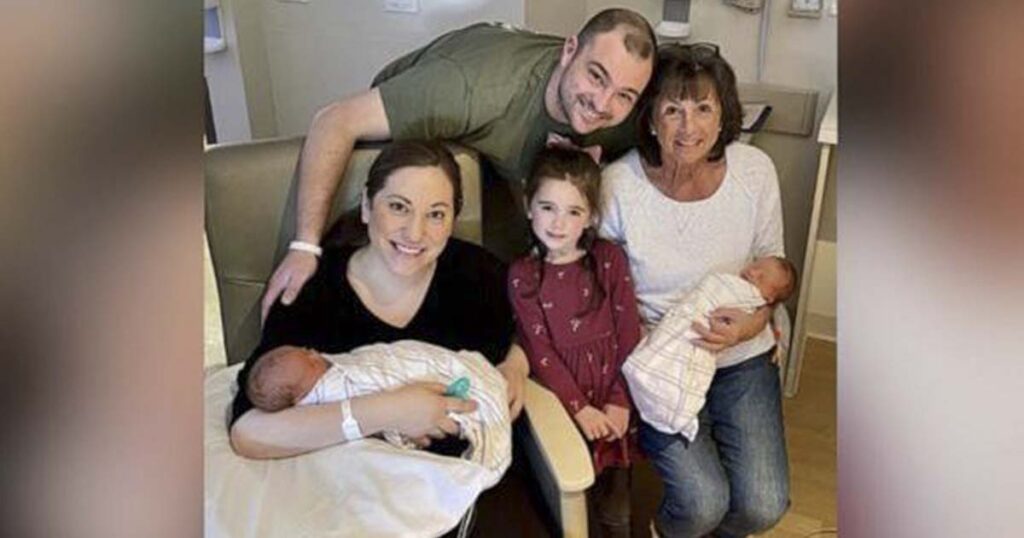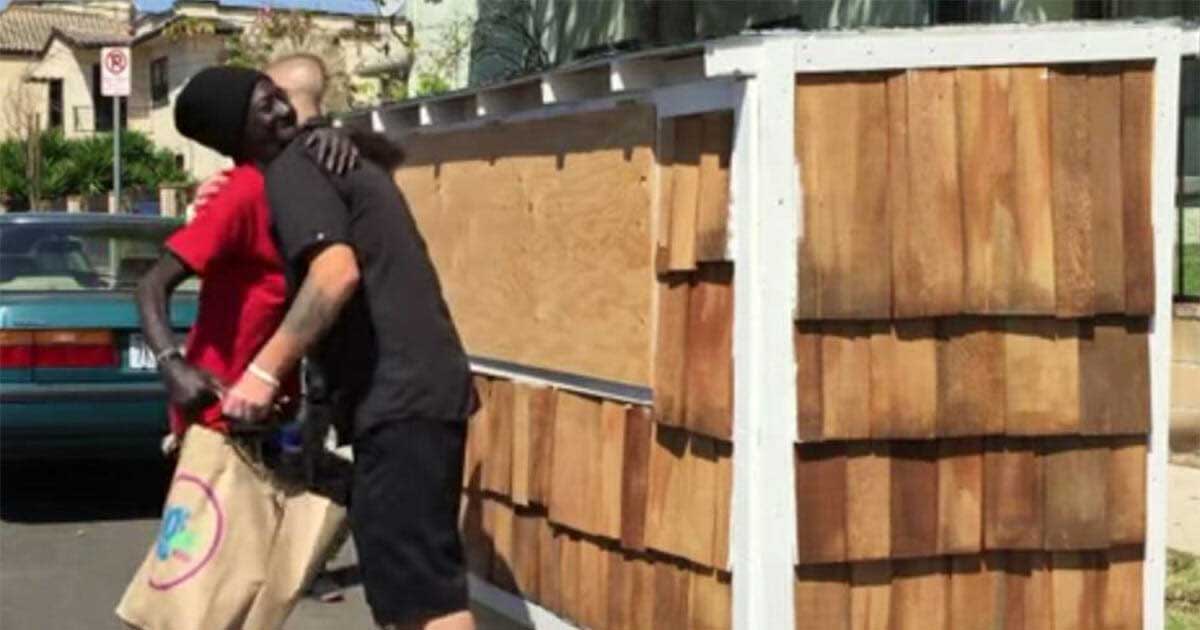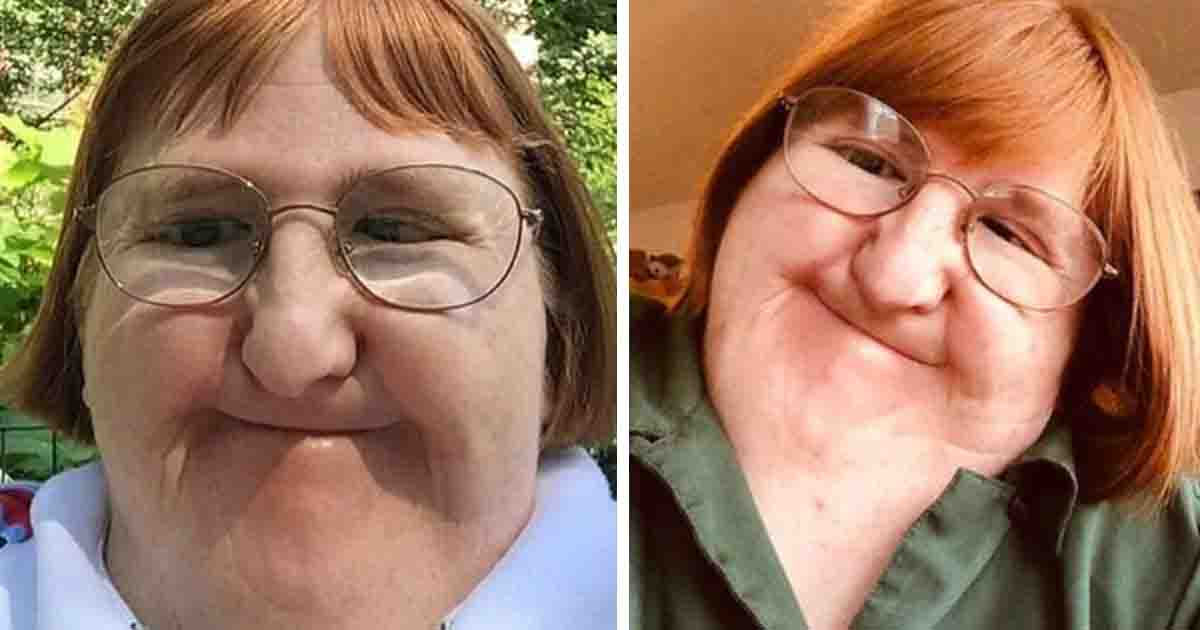Husband addresses postpartum depression following wife’s tragic death by suicide
In 2018, Ariana Sutton, who was then 36, celebrated the birth of her first child, a healthy baby girl. The family was thrilled to welcome their first child, but what was expected to be a time filled with joy soon became challenging. Ariana experienced a condition common to many new mothers – postpartum depression. Despite its prevalence, affecting 1 in 10 women after childbirth, it’s often underestimated in its impact.
Tyler Sutton, Ariana’s husband and a Massachusetts police officer, revealed that Ariana hadn’t encountered any mental health problems until the birth of their daughter, Melody. Postpartum depression, however, made it clear that Ariana was struggling following the birth.

Image Credit: The Sutton Family
Tyler Sutton confessed that they were initially unfamiliar with postpartum depression, which left them feeling lost. He recounts a particularly striking moment when he returned home one morning and could barely recognize his wife. They quickly sought help, leaving their daughter with her grandmother while they went to the hospital. After two hospitalizations and some medication and treatment, Ariana returned to her old self – a vibrant dance instructor and joyful mother remembered by acquaintances as warm and upbeat.
A few years later, Ariana got pregnant again, this time expecting twins. The twins arrived on May 23, 2023. Armed with the knowledge from their previous experience, the family was better prepared for the potential reappearance of Ariana’s postnatal depression. Tyler said, “When we finally got pregnant with the twins, we came up with a plan. We got a team together.” They were ready to offer Ariana all the support she might need.
Tyler shared that Ariana’s condition deteriorated much more rapidly this time around. “What happened to her over the span of a few weeks happened this time within a couple of days,” he lamented. Despite having a plan, the suddenness and speed of Ariana’s decline were unexpected. Her symptoms were more severe and faster than they were during her first experience with postpartum depression. Tragically, soon after giving birth to her twins, Everly Irene and Rowan Stephen, Ariana took her own life.
In the wake of this heart-wrenching incident, a distraught Tyler emphasized the importance of seeking help. “It takes a very strong person to ask for help,” he stated. He urged for a shift in societal attitudes towards mental health, especially in removing the stigma attached to seeking assistance. “If we could just make it the norm asking for help, instead of [women] feeling shame for not being able to do it themselves, because this is a real thing. It is very, very real, very powerful, very dangerous, and shouldn’t be faced [alone].”
In an effort to spread awareness about postpartum depression, the family set up a GoFundMe page. The page encouraged visitors to share their campaign, raising the profile of mental health care during and after pregnancy. “Please share this campaign with your network to raise awareness about postpartum depression and the importance of mental health care during and after pregnancy. By fostering a supportive community, we can strive to prevent other families from experiencing similar tragedies,” the page read.
Tyler also called for a reform in the healthcare sector’s approach to discussing postpartum depression with expectant parents. He expressed his wish for the medical community to make a small but significant change. “If there was something that I could start right now, [it would be to] ask the medical community just to make a small change to their routine, and add one more line to their checklist of things to do when they meet with people,” he explained.
The tragic loss of this young mother of three is truly heartbreaking. We hope for strength and resilience for Tyler as he faces the challenging task of raising his three children in the absence of their mother’s love.
We encourage everyone to share this story with family and friends on Facebook. It’s crucial to raise awareness about postpartum depression and the importance of seeking help when needed. Let’s stand together in support of mental health.





